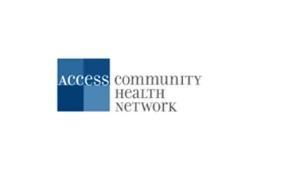
With similar missions to impact the health and wellness of our most diverse, underserved communities, Access Community Health Network (ACCESS) and Chicago State University (CSU) are collaborating on a new Pharm.D. experiential education program that trains tomorrow’s pharmacists to work in three of ACCESS’ community-based health centers. As one of the nation’s largest networks of federally-qualified health centers (FQHCs), ACCESS is always looking for new ways to impact the health and welfare of the communities it serves. As CSU’s College of Pharmacy (COP) is the most diverse college of pharmacy in the state of Illinois, ACCESS and CSU are both strongly invested in tackling some of the ethnic and racial disparities that exist within these communities. Dolores Nobles-Knight, Pharm.D., MPH, Associate Professor and Chair, Department of Pharmacy Practice at Chicago State University, is clear on the value the program can bring. “Our program is progressive. We feel that pharmacists should be an integral part of community health care. For too long, pharmacists have been an afterthought.”
ACCESS’ Chief Executive Officer Donna Thompson first saw the power of pharmacy integration when ACCESS began partnering with national pharmacy leader, Walgreens, on four co-locations less than four years ago. “At ACCESS, we are committed to integrating the right resources into our care teams to ensure that our patients have the best support possible,” said Thompson. “Working with partners that truly understand the challenges our patients face and that are actively working with us on solutions to positively impact the health and wellness of the communities we serve is powerful. It’s truly transforming how we approach and deliver care each day.” The students and existing clinical team build a coordinated care program, where students participate in daily huddles with lead physicians, while making drug therapy recommendations and helping to resolve patient issues. For more information, visit www.achn.net.












